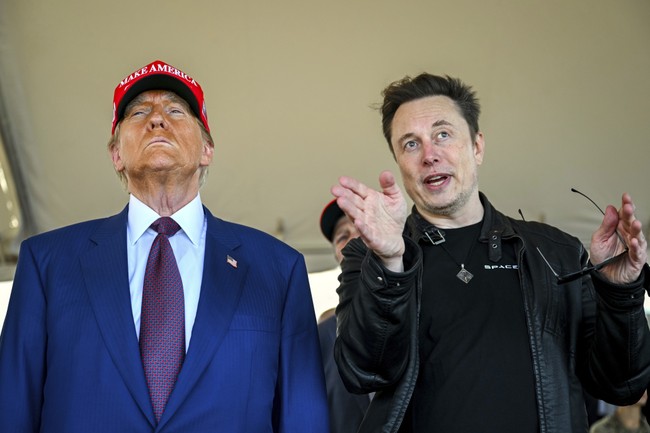Jimmy Carter: A Journey of Farewells and Legacies
Explore the intricate farewell and legacy left by Jimmy Carter—his humanitarian contributions, political journey, and the ceremonial tributes in Washington. Discover the impact of his presidency on today's politics.
Published January 09, 2025 - 00:01am

Image recovered from irishtimes.com
The recent passing of Jimmy Carter has set off a gamut of emotions and reflections on a life steadfastly devoted to public service and humanitarian efforts. His final farewell blends the contrasting facets of his existence, shedding light on his contributions, controversies, and the undeniable mark he left on American society and politics.
Jimmy Carter served as the 39th President of the United States from 1977 to 1981, with a presidency both tumultuous and ingrained in moral pursuits. Characterized by humble beginnings in Plains, Georgia, he was a figure of simplicity, often misunderstood by the political elite of Washington, yet admired for his unwavering commitment to integrity and service.
His state funeral, currently underway in Washington D.C., is an epitome of haute ceremonials—his casket journeying on a horse-drawn caisson to the Capitol, lying in state until the national day of mourning on January 9. This salute is a testament to his enduring legacy cherished by many, marking the culmination of his life's journey, a journey mirroring his deep-rooted humanitarian ethos post-presidency, recognized by his Nobel Peace Prize in 2002.
Carter's extended obituary is not just about reflection but also a spotlight on his intricate ties with the current political climate. His death occurs as a new era unfolds politically, with former President Donald Trump now reclaiming keys to the White House, a transition notably intertwined by Carter's lasting ideals and the country's evolving political scene.
Throughout the 2024 campaign, Trump criticized Carter, using him as an emblem to critique President Joe Biden's administration while drawing parallels to the challenges both faced regarding economic destabilization and foreign policy. Trump's actions, regarded as controversial by some, continue to echo across the media waves.
Upon Carter's death, a federal mandate dictates flags to be flown at half-staff for 30 days, including the day of Trump's impending inauguration—an act that stirred mixed reactions. Trump expressed dissatisfaction at this overlap during his inaugural plans, highlighting tensions between respecting historic protocols and current political sentiments.
This period of American history is reminiscent of Carter's time, representing less about fading away and more about persistent resistance, highlighting his pivotal peace efforts such as the Camp David Accords and endeavors at the Carter Center aimed at resolving global conflicts and advancing public health.
Carter's presidency was interwoven with ideological struggles and endeavors to overhaul domestic and foreign policy frameworks, veering from conventional practices and promoting peace and human rights vigorously. He harnessed populism uniquely, engaging directly with citizens over conventional political liaisons while navigating through domestic issues like inflation and the energy crisis.
Nevertheless, Carter's actions continue to illuminate pathways in American and global political spheres. His life beyond the Oval Office was a testament to service, inspiring generations through relentless advocacy for democratic governance, peaceful negotiations, and robust humanitarian efforts, often placing him at odds but admired globally.
As current and former U.S. leaders gather to honor him alongside world dignitaries, his lasting impression is celebrated through the stories shared across families, communities, and nations, etching him in history, not just as a leader but a harbinger of hope, advocating reinforcement of moral accountability in politics.
As his body returns to his hometown in Plains, Georgia, the ceremonies capture the spiritual essence and moral compass Carter exemplified, reminding the world of gentler times and resilient spirits, echoing the enduring hope he instilled within political discourse.
In these commemorations, the nation contemplates not just the end of a life but the resonance of its core—a gentle reminder of integrity, peace, and the quest for a more compassionate world, values deeply cherished and inaction enforced by the leaders he so diligently inspired.






